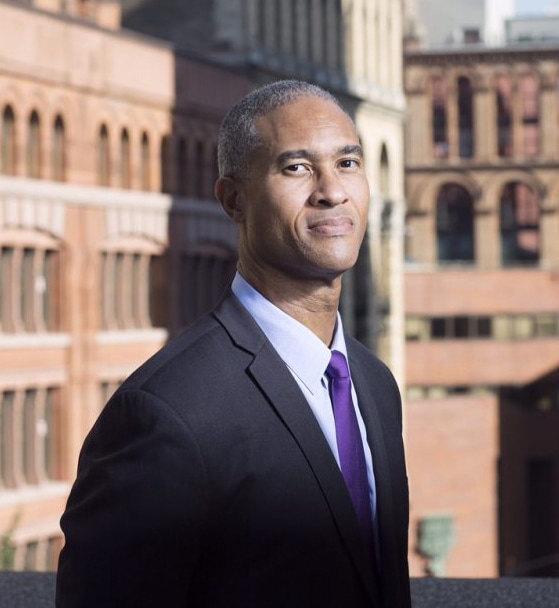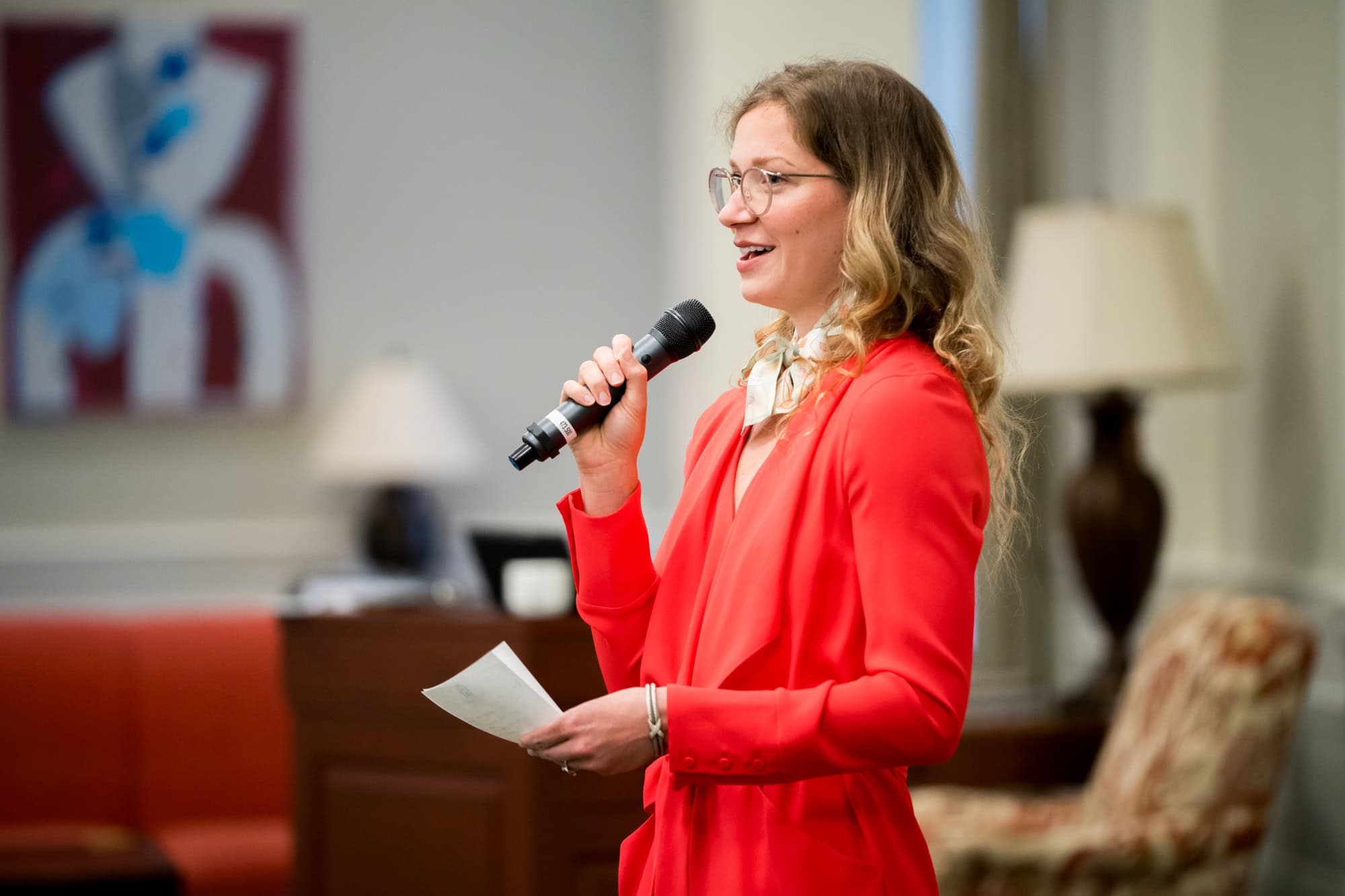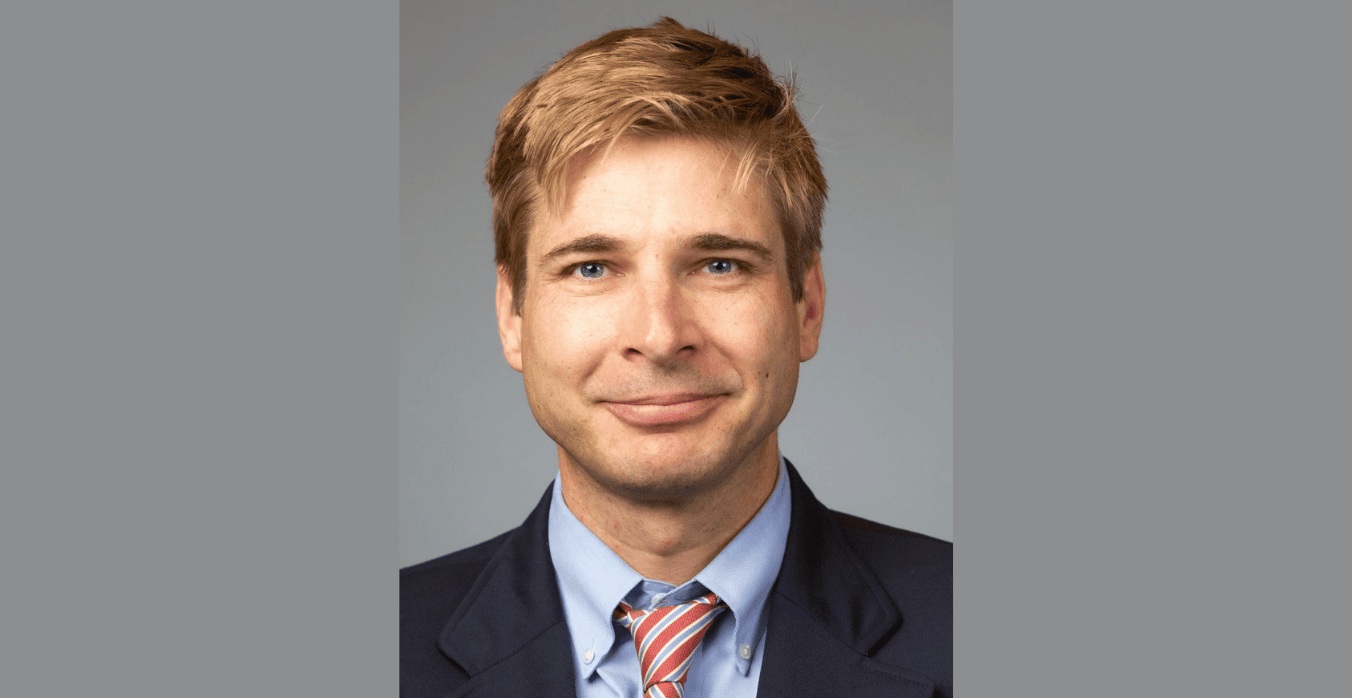New York University Stern School of Business Dean Emeritus Peter Blair Henry was born in Jamaica in 1969. He says his childhood was “magical”—it involved a lot of playing outside.
When he was eight, his family moved to the suburbs outside Chicago. Peter saw snow for the first time. He also saw a kind of wealth he hadn’t witnessed in Jamaica.

“As ideal as my childhood was in Jamaica, I saw a lot of poverty around me—even though I myself had never wanted for anything,” Peter says. “In Wilmette, pretty much nobody wanted for anything. There was just a lot of uniform well-being in that suburban environment.”
Even at the age of eight, Peter started to wonder about that contrast.
“The question of why Jamaica had so much more poverty than the U.S. really got me interested in economics, understanding why some countries are rich and why some countries are poor.”
“And that’s pretty much what I’ve spent my career trying to understand.”
Today, Peter is a leading expert in global economics. The youngest person ever to serve as dean of the Stern School of Business, Peter stepped down—after eight years in the role—to return to his economic policy research last year. Prior to NYU, Peter worked at Stanford University, where he was an international economics professor, a faculty scholar, and Associate Director of the Center for Global Business and the Economy.
Peter led an economics advisory group for then-Senator Barack Obama’s presidential campaign in 2008. He then led the Presidential Transition Team in reviewing international lending agencies, including the International Monetary Fund (IMF) and the World Bank. Peter has also advised the governments of Ghana and Jamaica on macroeconomic policy.
But back in high school, Peter hadn’t necessarily seen himself taking this path. He thought he’d go to college on a football scholarship.
The University of Wisconsin was recruiting him. That was especially tempting, as Peter had recently tried out for Stanford’s team but had not received an offer.
Peter’s mother, a West Indian academic, thought he should turn down Wisconsin and set his sights on the Morehead-Cain instead. Peter says he knew about Carolina only because a UNC graduate named Michael Jordan played on the local NBA team, the Chicago Bulls.
“My father, being a very pragmatic and risk-averse immigrant parent, felt that I should take the scholarship from the University of Wisconsin because it was a bird in the hand as opposed to two in the Carolina bush, so to speak,” Peter says.
Ultimately, he decided to turn down the offer from Wisconsin and stake his bets on the Morehead-Cain instead.
“Needless to say, when I got that letter later in March from the Morehead Foundation, I was—in a word—jubilant.”
And, once he arrived at Carolina, he even managed to walk onto the UNC football team. But when he first received the Morehead-Cain, he couldn’t know just how much the scholarship would influence his life.
“The Morehead-Cain was fundamental in transforming me from a student-athlete who came to Carolina wanting to get good grades, to giving me an experience that made me into a really curious, intellectually hungry scholar who saw his opportunities at Carolina as a way to grow and have a chance to bring together a childhood interest in economics with an opportunity to really think about how economics can actually try to change the world,” Peter says. “The Morehead-Cain did that.”
Peter says one of the most influential experiences during college was his Morehead-Cain travel/study program the summer before his senior year. He went to Oxford to work for a professor researching the changes in the former Soviet Union at the time.
“That really got me interested in economic reform,” Peter says.
His thesis advisor at Carolina, Dr. William “Sandy” Darity, convinced him to apply for the Rhodes Scholarship, which Peter received, and to seek a PhD in economics—which Peter later earned from the Massachusetts Institute of Technology.
Peter’s current research focuses on the impact of economic reform on the lives of people in developing countries—in particular, the potential for infrastructure to drive growth.
Peter is also devoted to improving racial diversity in his field. He founded and leads a program called the PhD Excellence Initiative that supports high-achieving students of color who are interested in earning a doctorate in economics.
“In spite of the fact that only 2 percent of the profession is African-American, there really is a place and a role for aspiring young African Americans who want to get PhDs in economics. The country and the world need their voices.”
Even in light of all his professional successes, Peter says his greatest point of pride is his family. He and his wife, child psychiatrist Lisa Nelson, have four sons ranging in age from 10 to 22—all of whom Peter says would hug him if they crossed paths in the street.
“I think ultimately that’s the most important report card.”
In honor of Black History Month, we’re publishing a series featuring four of our many remarkable black alumni. This is the fourth profile in the series.


